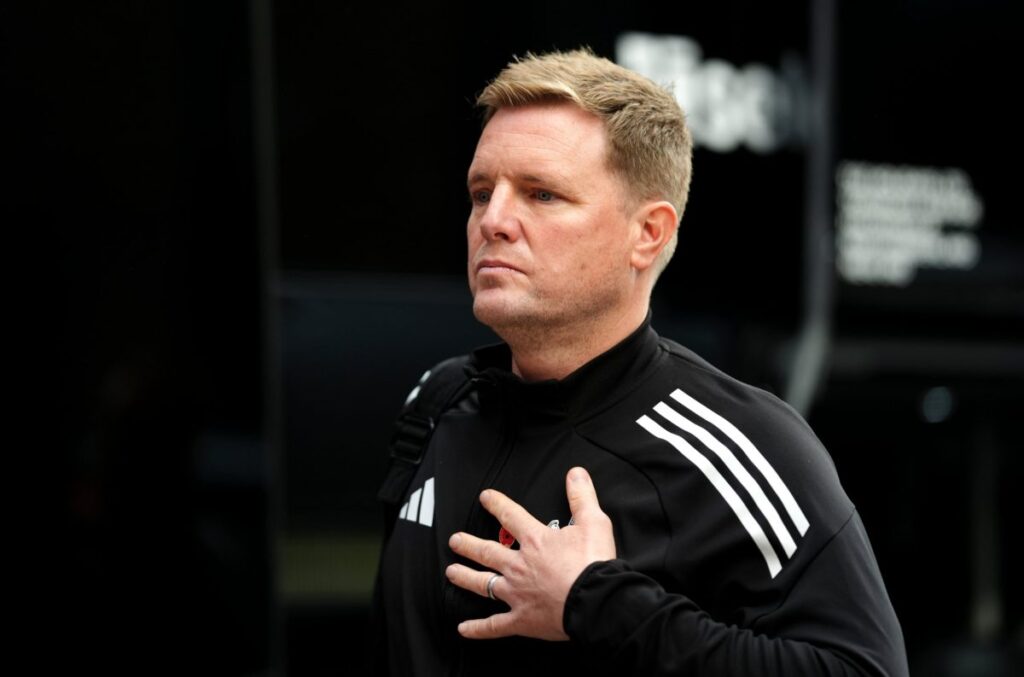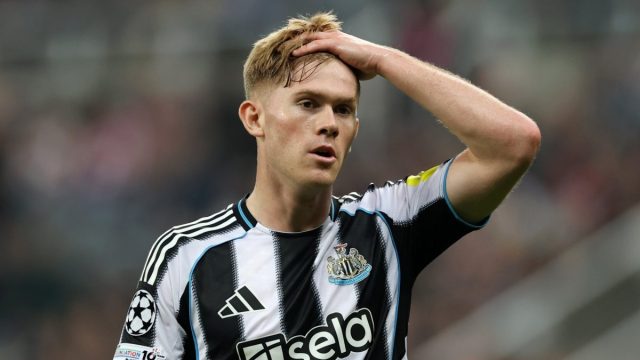Newcastle United are preparing for one of the most important Premier League decisions in recent years, and the stakes could shape how the club grows over the next decade.
With a major vote on new spending rules approaching, the atmosphere inside St James’ Park is intense, focused, and driven by a clear message coming from the top of the club’s hierarchy: revenue is king. This new standard is being set firmly by CEO David Hopkinson, who is pushing a culture built on efficiency, improvement, and a no-excuses attitude.
Newcastle have launched a 100-day review of everything happening off the pitch, and the mission is simple bring in commercial deals, remove delays, and maximise every possible opportunity.
This shift in mentality comes at the perfect time, because the upcoming Premier League meeting will be one of the most explosive and impactful in years.
The current Profitability and Sustainability Rules are effectively at the end of the line, and clubs are being asked to vote on a new system that could completely reshape how teams spend money and build their squads.
There is already talk that clubs are divided, legal challenges may arise, and the Professional Footballers’ Association is closely watching what happens next. The vote on 21 November will decide whether English football takes a major step into a new financial era.
Three systems are being put forward, and each carries big consequences. The first is the Squad Cost Rules, which would limit clubs to spending a percentage of their revenue on wages, transfer fees, amortisation, and all costs linked to building a squad. UEFA already use a similar system, and Newcastle, like other English sides in Europe, already must follow a stricter 70 percent limit.

The Premier League’s proposed 85 percent figure offers more flexibility, especially for growing clubs that do not have the same huge income streams as football’s traditional elite. Most experts believe this system will pass without serious resistance, even though some argue that it mainly helps the richest sides maintain their advantage.
The second proposal is far more controversial. Known as top-to-bottom anchoring, it would cap the maximum spending of the richest clubs by linking it to what the bottom team in the league earns through broadcast and prize money.
The aim is to protect competitive balance as the biggest clubs collect large Champions League and Club World Cup revenues. Critics argue it would hold back the top teams and make it harder to compete with European giants like Real Madrid.
The PFA has even warned of possible legal action because of concerns that the rule may drive down wages. Smaller clubs fear that global super-clubs will continue to grow at a rapid pace, and anchoring could limit their ability to keep up. Meanwhile, the biggest clubs question why they should be restricted if they are capable of generating more money.
A third proposal connects sustainability to the incoming football regulator, though fewer details are available.
Despite how heated the debate has become, Newcastle United are expected to vote in favour of both the squad cost rules and the anchoring system. They know neither system will suddenly open the door to bigger transfer spending, but the club sees value in stability and predictability.
They already planned their recent transfer windows with UEFA’s 70 percent limit in mind, so the new rules do not change much in the short term. As for anchoring, Newcastle believe it brings some logic back into the market and helps prevent extreme financial gaps from becoming unmanageable.
The club also understands that they are nowhere near breaching the proposed limit, so these rules won’t restrict them any time soon.
Behind the scenes, Newcastle’s leadership accepts that financial rules old or new will never allow them to simply spend their way to the top. This is why the club is obsessed with revenue growth.
Without increasing commercial income, matchday earnings, and overall financial muscle, Newcastle cannot build the sustainable, long-term success they want. This is also why stability under Eddie Howe is considered vital.
The club believes consistency in the dugout creates an environment where commercial and sporting progress can grow at the same pace.
Some fans argue PIF should be more aggressive in challenging the Premier League’s financial system, but the ownership has shown no intention of pursuing legal action.
Their approach remains patient, strategic, and focused on building an elite football club by following the rules while maximising every other area of growth. Even with the sale of Alexander Isak, financial regulations will have a big influence on future windows, and Newcastle must balance ambition with limitations.
In the end, the upcoming vote is not just about rules. It’s about how Newcastle see their future. They know they are no longer outsiders but not yet among the established elite.
These new systems won’t unlock immediate freedom, but they will shape a playing field where smart growth, strong leadership, and rising revenue can push the club forward. And Newcastle are ready to embrace that challenge.

